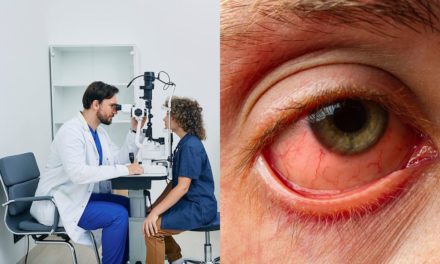Introduction
Diarrhea is a common gastrointestinal disease that can affect people of all ages. It is characterized by loose, watery stools and can be caused by a variety of factors, from viral infections to dietary choices. In this article, we’ll explore the symptoms of diarrhea, its possible causes, and evidence-based treatment strategies to help individuals relieve discomfort and promote a speedy recovery.
Understanding Diarrhea
Diarrhea occurs when the intestines fail to absorb enough water, resulting in loose and frequent bowel movements. Although this is often a short-lived condition, diarrhea can be debilitating and lead to dehydration if not managed properly.
Recognizing the symptoms of diarrhea
The most common symptom of diarrhea is passing loose or watery stools more often than usual. Additional symptoms may include:
- Stomach aches and pains
- Urgency to have a bowel movement
- Nausea and vomiting
- Fever and chills (in some cases)
- Possible causes of diarrhea
Diarrhea can be caused by various factors:
Viral infections: Viruses, such as rotavirus or norovirus, are common causes of severe diarrhea, especially in children.
Bacterial infection: Food poisoning or contamination can cause diarrhea caused by bacteria.
Parasitic infections: Travelers’ diarrhea is often caused by parasites such as Giardia lamblia.
Food Intolerance: Lactose intolerance or certain food sensitivities can result in diarrhea.
Medications: Certain antibiotics and other medications can cause diarrhea as a side effect.
Inflammatory bowel diseases: Conditions such as Crohn’s disease and ulcerative colitis can also cause chronic diarrhea.
Diarrhea treatment methods
Treatment for diarrhea focuses primarily on relieving symptoms, preventing dehydration, and addressing the underlying cause:
- Fluid and electrolyte replacement: Drinking plenty of fluids, including oral rehydration solutions, is important to prevent dehydration.
- Dietary adjustments: Avoiding spicy, fatty and high-fiber foods can help reduce digestive stress. The BRAT diet (bananas, rice, applesauce, and toast) is often recommended during recovery.
- Probiotics: Probiotic supplements or fermented foods can help restore the balance of gut bacteria, especially after diarrhea caused by an infection.
- Medications: Antidiarrheal medications, such as loperamide, may provide temporary relief but should be used with caution and only as directed.
- Addressing underlying causes: If diarrhea is a symptom of an underlying medical condition, it is important to seek medical attention for proper diagnosis and treatment.
When to seek medical attention
Although most cases of diarrhea resolve on their own within a few days, some situations require immediate medical attention:
- Severe dehydration: Symptoms include extreme thirst, dry mouth, dark urine, dizziness, or lethargy.
- Persistent diarrhea: Diarrhea that lasts longer than two days or worsens over time should be evaluated by a health care provider.
- Blood in the stool: If the stool is bloody or contains mucus, medical attention is needed to determine the cause.
- High fever: A fever over 102°F (38.9°C) may indicate an underlying infection.
Result
Diarrhea is a common and often self-limiting gastrointestinal problem that can be effectively managed with proper care and treatment. Recognizing the symptoms of diarrhea and understanding its possible causes can help individuals make informed decisions about treatment and seek medical attention when needed. By staying hydrated, eating a bland diet and practicing good hygiene, individuals can promote faster recovery and reduce the risk of complications. Remember, it is important to seek medical advice in case of severe symptoms or persistent diarrhea to ensure proper diagnosis and appropriate treatment. With the right approach, individuals can overcome the discomfort of diarrhea and return to their daily activities in better health.










